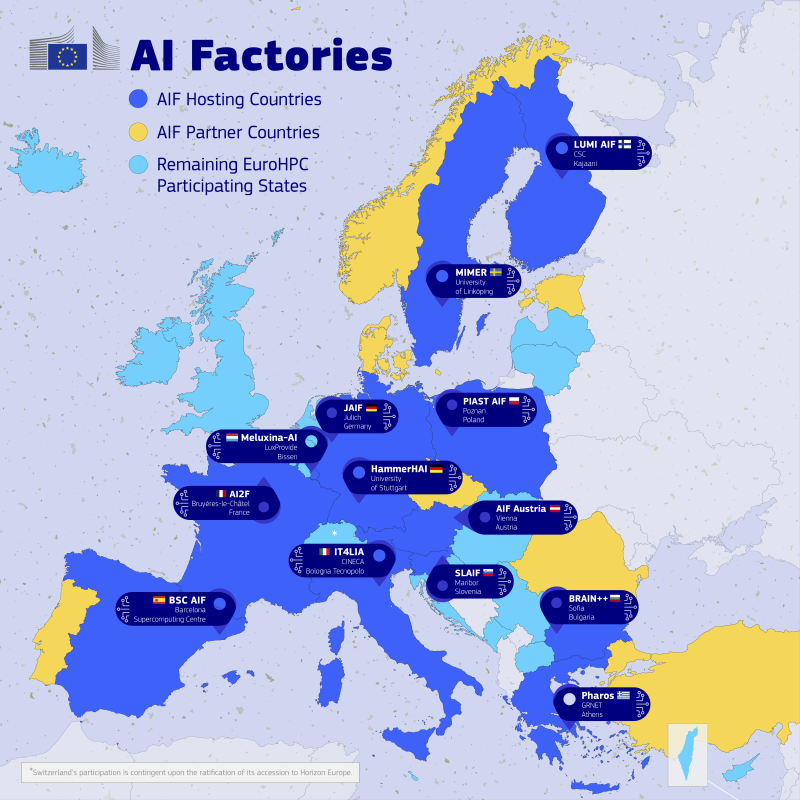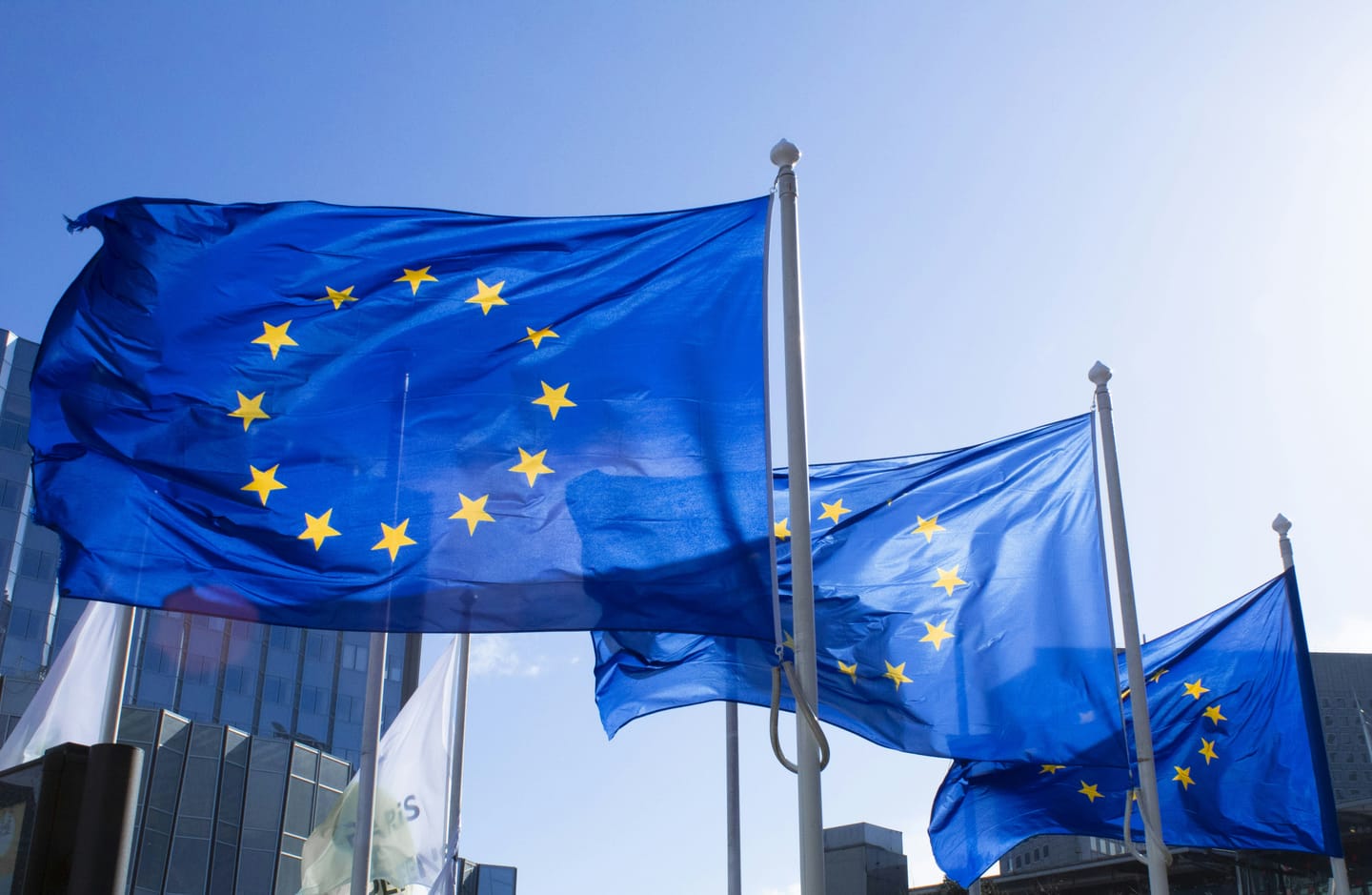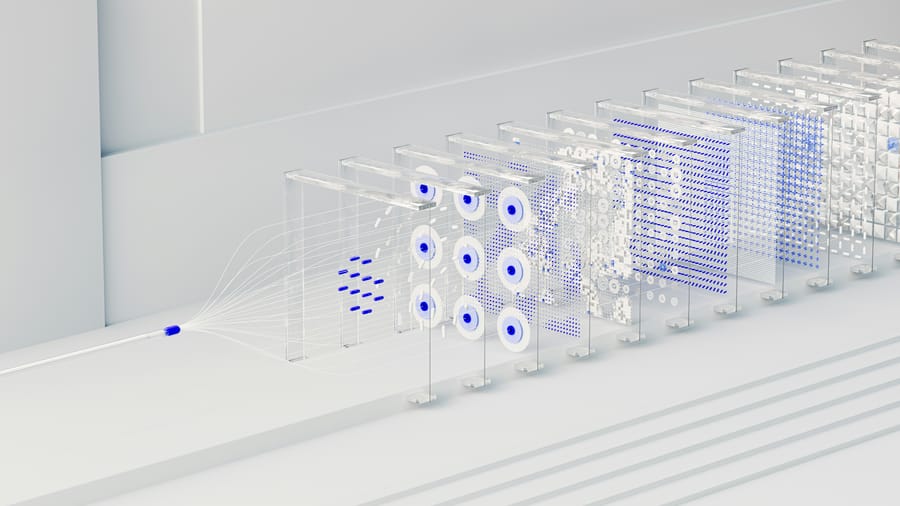The European Commission has detailed a €20 billion (£17 billion) plan to create new AI gigafactories in Europe for developing next-generation artificial intelligence models. These facilities will be powered by up to 100,000 advanced AI processors and target significant innovations in healthcare, biotech, industry, robotics, and scientific discovery. The EU is attempting to catch up with the US and China, as a Stanford University report showed American institutions produced 40 notable AI models in 2024, compared to China's 15 and Europe's mere 3 (all French).
The EU has already launched a plan to build 13 AI factories - sites with supercomputers and datacentres where researchers develop and test AI models - but the new gigafactories would be much larger, costing €3-5 billion each compared to €600 million for the biggest AI factory. According to the strategy document, these power-hungry facilities, which may require huge amounts of water for cooling, would run "as much as possible" on green energy, with the EU generating 47% of electricity from renewable sources in 2024, though John Hyland, a Greenpeace spokesperson, warned: Every power-guzzling datacentre risks being a lifeline to polluting power plants, well illustrated in Ireland where they consume over a fifth of the electricity.
The Commission launched the AI factories initiative in January 2024, selected the first seven consortia in December 2024, and announced another six AI factory locations in March 2025, while the EuroHPC Joint Undertaking and Member States are investing a total of €10 billion in supercomputing infrastructures and AI factories over the 2021-2027 period. Interested parties can submit non-binding proposals for AI gigafactories until June 20, 2025, which would build on the existing AI factories initiative with significantly greater compute power, integrated data resources and automation, while the Commission has also shown openness to consultation on simplifying the AI Act, which the consumer organisation BEUC criticized, stating that the Commission should instead focus on the implementation and enforcement of the AI Act.
Sources:
1.
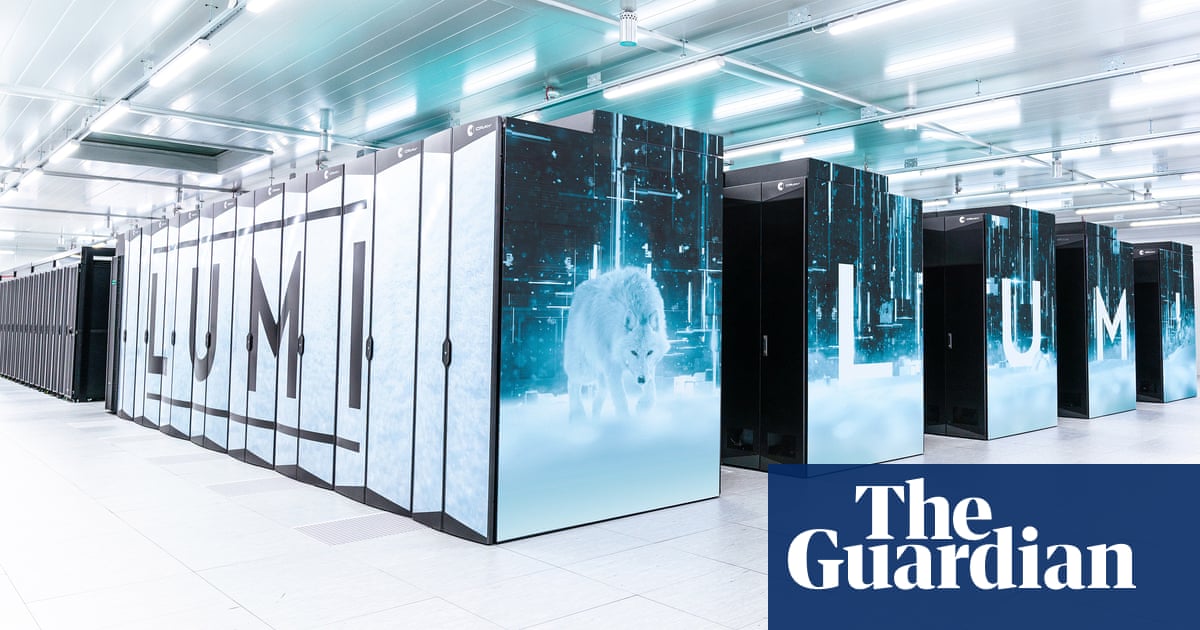
2.
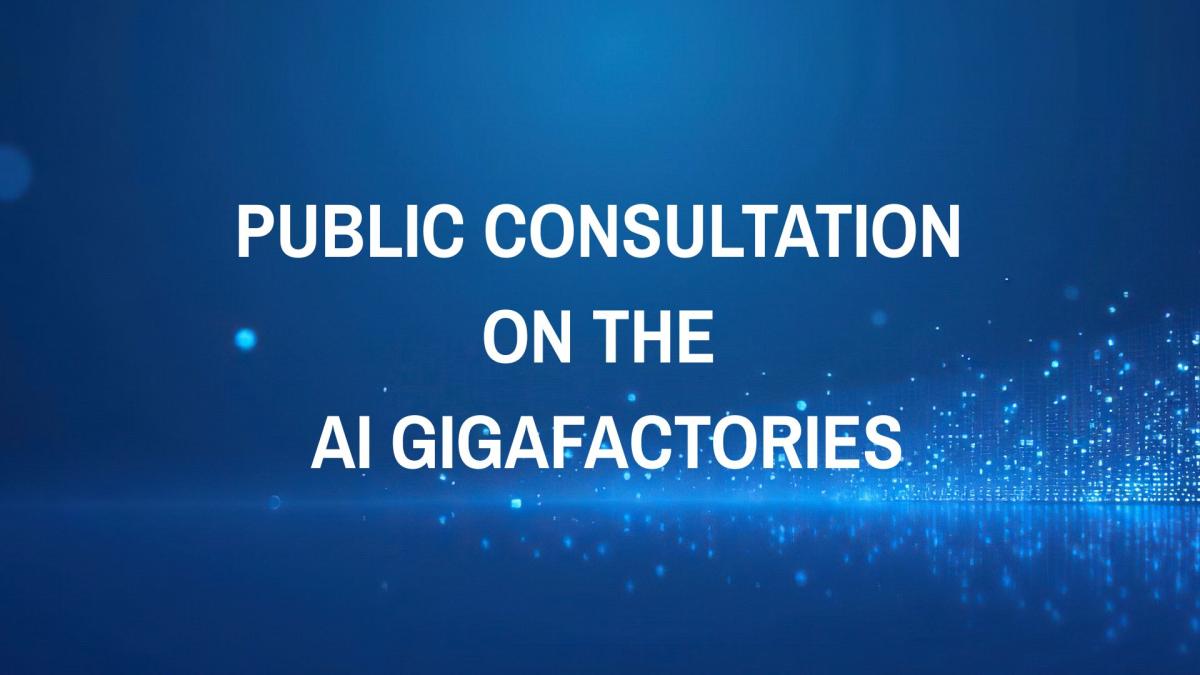
3.
